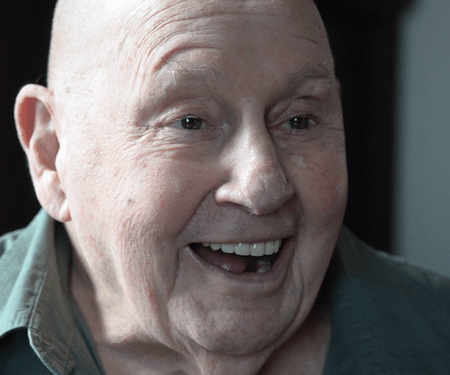New York State Supreme Court Justice Margaret A. Chan. | TOUROLAW.EDU
A Manhattan State Supreme Court judge has ruled that a transgender Jane Doe plaintiff can proceed with her discrimination claim against New York City based on the treatment she received when requesting that the HIV/ AIDS Services Administration (HASA) issue her a new benefits ID card correctly identifying her name and gender.
The December 2 ruling, from Justice Margaret A. Chan, raises the puzzling question of why the City Law Department did not negotiate a settlement with Doe already and is instead spending resources litigating over what appears to be a case of bureaucratic obtuseness at HASA.
According to Chan’s decision, the plaintiff, identified as male at birth in Puerto Rico, recognized her female gender identity early in life and began taking hormones and testosterone suppressants at age 12 to feminize her body. She later underwent medical and surgical procedures to transition fully, and received a New York court name-change order in March 2011.
A client of HASA, Doe applied in August 2011 to change her records and receive a new benefits card. Her complaint relates how use of her benefits card with the wrong name and gender led to situations where she was accused of fraud or otherwise subjected to embarrassment and harassment.
When Doe presented her HASA caseworker with the court-issued name change order and a letter from her treating physician attesting to her completed gender transition, the case manager said he would pass the request for a name change on to the HRA case manager, “but could not guarantee that the request would be granted.” Regarding Doe’s request that her gender identification also be changed, the caseworker said that would not be possible without a new birth certificate.
Even when Doe explained that Puerto Rico does not issue new birth certificates in gender transition cases, her caseworker, his supervisor, and the manager of the local HASA office all insisted the agency could not change its records to reflect Doe’s current gender identity without such a document. When she requested a written explanation for their refusal to help her, she was required to sign a release using her birth name, even though she no longer uses that name to transact business and finds it demeaning. Her complaint also alleges that HASA employees insisted on calling her by the male name on her ID card, despite the name-change order.
After continued advocacy, HASA eventually caved and changed the records, but Doe decided to challenge HASA’s policy of requiring birth certificates to make gender identification changes in its records, arguing that the name-change order and doctor’s certification should be sufficient. She is represented by Manhattan Legal Services attorney Daniel Pepitone.
Doe brought her lawsuit under both state human rights law and the city’s human rights ordinance, alleging gender and disability discrimination. The state law expressly forbids discrimination in providing public services because of sex or disability, while the city law goes further and specifically bars discrimination based on gender identity. Doe claims she was denied access to benefits, including immediate processing of her request to update her HASA records and issue her a new, accurate benefits card. She also claimed HASA employees violated her right to privacy by the way they treated her, because they “were speaking loudly so that others in the office were privy to plaintiff’s request and knowledge of her change of gender.”
The city responded that Doe was never actually denied benefits or services and that if she felt harassed or demeaned by HASA employees, her treatment did not “rise to the level of discrimination.”
Justice Chan noted that the city’s anti-discrimination law specifically provides that it “shall be construed liberally for the accomplishment of the uniquely broad and remedial purposes,” regardless of how similar state and federal protections would be construed.
Chan noted that though HASA’s policy of requiring a new birth certificate in order to change its records regarding a client’s gender is neutral on its face, “a claim of discrimination based on sexual orientation can be stated where a facially neutral policy or practice has a disparate impact on a protected group.” Noting evidence to support Doe’s claim that Puerto Rico does not issue new birth certificates after a gender transition, Chan found that this obstacle meant the plaintiff has hampered access to benefits for which she is eligible.
“Thus, while HASA’s policy appears to be equal across the board, its practical impact for the transgender community is not,” Chan wrote.
The judge, contradicting the city’s argument, also found that the way HASA employees treated Doe was “not a light matter.” Their actions, she wrote, were “laden with discriminatory intent,” since they knew based on her documentation that she had transitioned and “yet did not treat her accordingly or appropriately.”
Chan concluded, “It cannot be said that plaintiff felt demeaned for any reason other than abject discriminatory reasons,” and rejected the city’s motion to dismiss the case.
The burden on the city is now to show that it is somehow necessary to insist on a new birth certificate to make a change in gender in HASA records and identification documents, even when a client has presented both medical evidence and a court-ordered name change document. If Doe’s medical evidence was sufficient for the court to order a name change, it’s hard to imagine an argument HASA can make to justify why such evidence is not also enough for its purposes.
Chan’s opinion may wake up the City Law Department to negotiate a settlement with Doe and to advise HASA to change its policy.



































